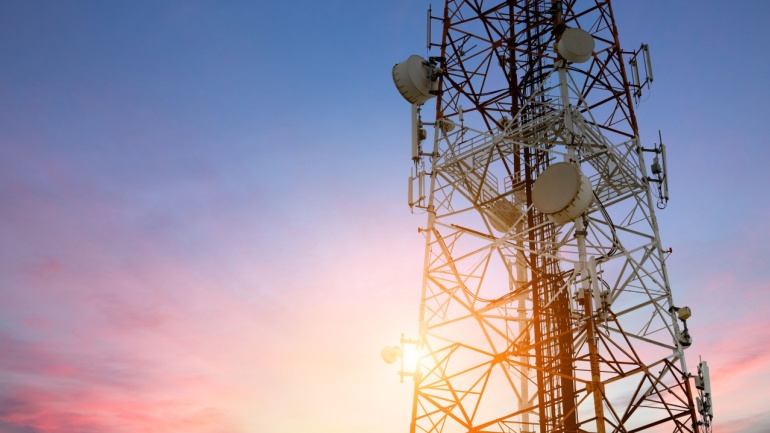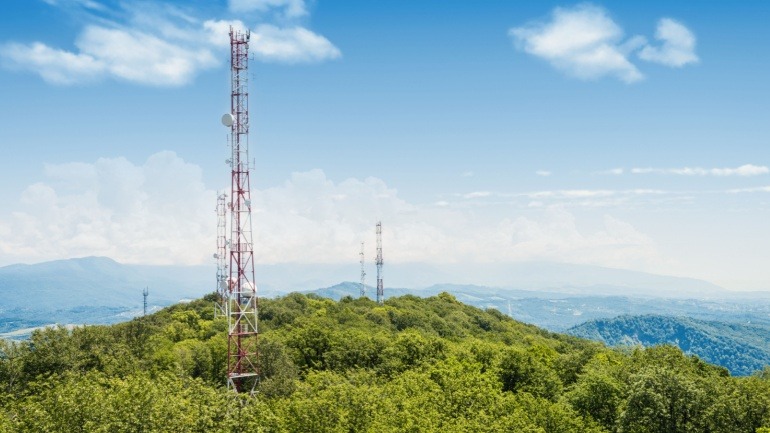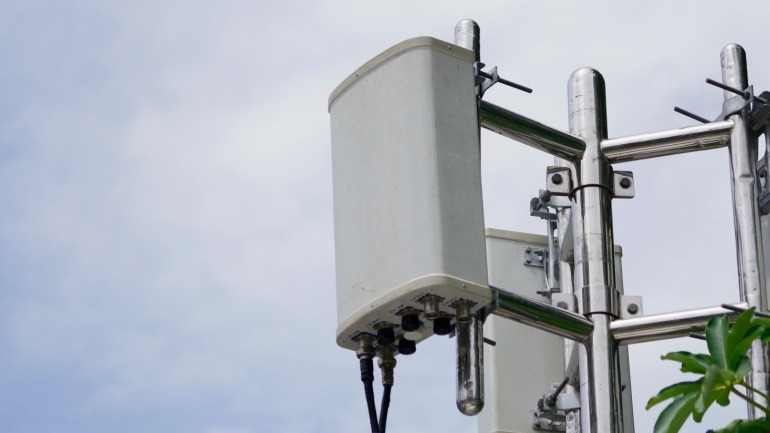Vodafone has sold its remaining 3% stake in Indus Towers for $330 million, marking its exit from the company. Proceeds were used to settle loans and increase Vodafone Idea’s ownership to 24.39%.
Macquarie Asset Management has made a bid for Axiata Group’s Edotco, valuing the tower company at around $3.5 billion. Axiata, which owns 63% of Edotco, is evaluating the offer amid ongoing talks.
EE’s innovative deployment of a mobile tower on the Isle of Skye enhances 4G connectivity in rural areas. Providing reliable coverage, the tower supports local businesses while reducing visual disruption.
BSNL is spearheading the 5G revolution in India, launching a tender for 5G infrastructure in New Delhi to cater to 100,000 users. Utilizing 900 MHz and 3.3GHz bands, BSNL aims to boost digital presence with 5G SA connectivity and fixed wireless access broadband.
AT&T’s acquisition of over $1 billion spectrum from UScellular enhances its network capabilities alongside T-Mobile and Verizon, marking a significant shift in the telecom landscape. With UScellular retaining crucial assets, the move aligns with evolving industry trends, focusing on infrastructure and Fixed Wireless Access services.
Virgin Media O2 has made groundbreaking progress by deploying 5G standalone small cells in Birmingham. This state-of-the-art VoIP-ready technology promises enhanced mobile connectivity, achieving internet speeds up to 300Mbps.
UScellular is selling $1 billion worth of spectrum to Verizon as part of its shift towards becoming an infrastructure-focused company. This sale accompanies a $4.4 billion acquisition of its wireless operations by T-Mobile.
As the Federal Communications Commission evaluates T-Mobile US’s proposed acquisition of UScellular. This merger promises to reshape the VoIP landscape by combining resources to tackle fierce competition. By leveraging UScellular’s spectrum and infrastructure, T-Mobile aims to enhance its VoIP offerings, transforming market dynamics.
Deutsche Telekom and Deutsche Bahn have accelerated their efforts to enhance railway connectivity, realizing ambitious goals two years early. By deploying over 470 new mobile towers and upgrading 1,900 sites, 99% of Germany’s primary rail routes now boast mobile speeds of at least 200 Mbps, with substantial improvements across secondary routes.
Starlink’s temporary FCC approval for direct-to-device services highlights the vital role of VoIP technology during emergencies. By partnering with T-Mobile, Starlink enables emergency alerts via satellite in hurricane-stricken North Carolina, offering free internet for 30 days.













